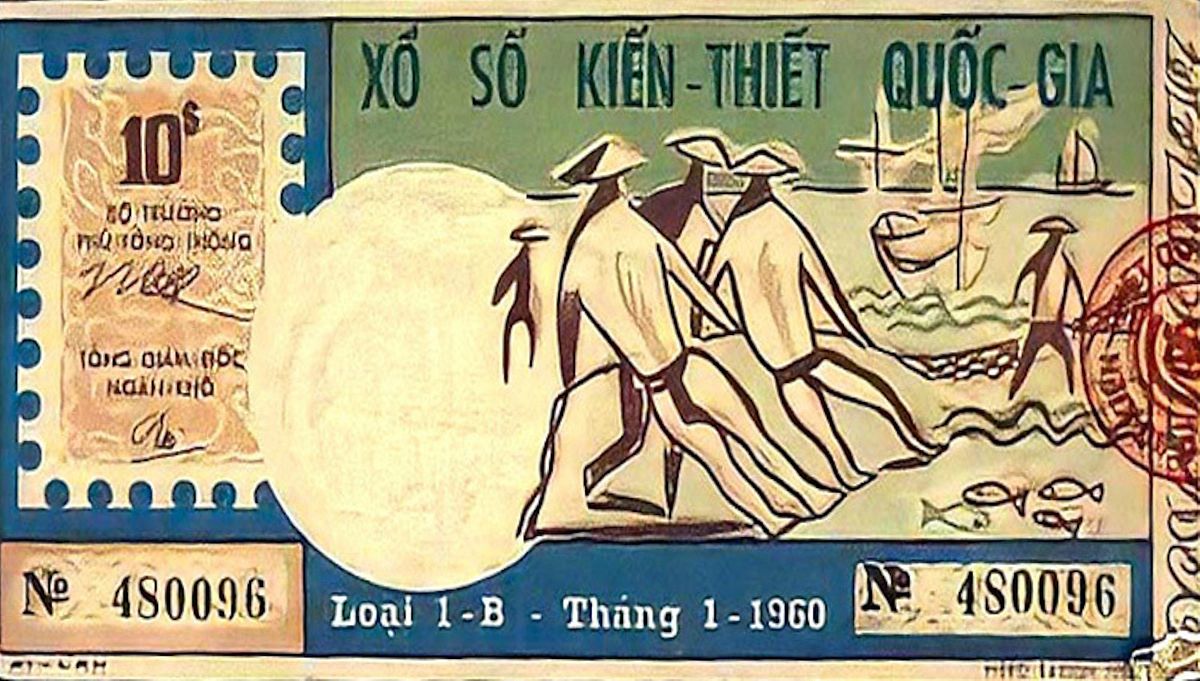These lotteries operated under strict regulations and aimed to serve community interests rather than just individual wealth accumulation. Governments realized they could leverage lotteries as a financial tool, creating a relationship between citizen participation and state funding Xổ số U888.
The Evolution of Lotteries in the Modern Era Brief History of Lottery
As we progress into the modern era, especially during the 17th and 18th centuries, lotteries underwent significant changes in structure, purpose, and public perception https://u888.study/.
Legalization and Regulation
With the rise of organized lotteries came the need for regulation. Governments recognized the potential for corruption and fraud within unregulated lottery systems. As a result, many countries began to legalize and regulate lotteries, providing official oversight to ensure fair play and transparency.
In England, for example, the government started to regulate lotteries in the early 16th century. This regulatory framework helped minimize fraudulent practices and fostered trust among participants. People were willing to invest in lotteries knowing they were safeguarded by legal measures.
The transitional phase saw some lotteries funded public works, such as roads, bridges, and schools. This solidified the idea of lotteries as a vehicle for civic improvement, enhancing their legitimacy and acceptance within society.
The Expansion of Lottery Genres
The 19th century witnessed an explosion in the variety of lotteries available to the public. From charitable raffles to massive state-run lotteries offering life-changing jackpots, the landscape became increasingly diverse.
One notable innovation during this period was the introduction of scratch-off tickets in the late 20th century. These instant-win games revolutionized the industry, offering immediate gratification and engaging players in new ways. Scratch-offs quickly gained popularity due to their simplicity and the allure of winning on the spot.
Additionally, states began experimenting with different themes and formats to attract players. Seasonal or holiday-themed lotteries showcased creativity while driving ticket sales. This emphasis on marketing transformed lotteries into a form of entertainment, creating a culture surrounding participation.
Global Influence and Cultural Impact
The influence of Brief History of Lottery spread across the globe, integrating into diverse cultural traditions. Different regions adapted lottery concepts based on local customs and preferences.
For instance, in New Zealand, the inception of the New Zealand Lotteries Commission in 1987 introduced a more structured approach to gambling, emphasizing responsible gaming and community welfare. Proceeds from lotteries went towards supporting arts, sports, and health initiatives, showcasing how lotteries could be a force for good within society.
